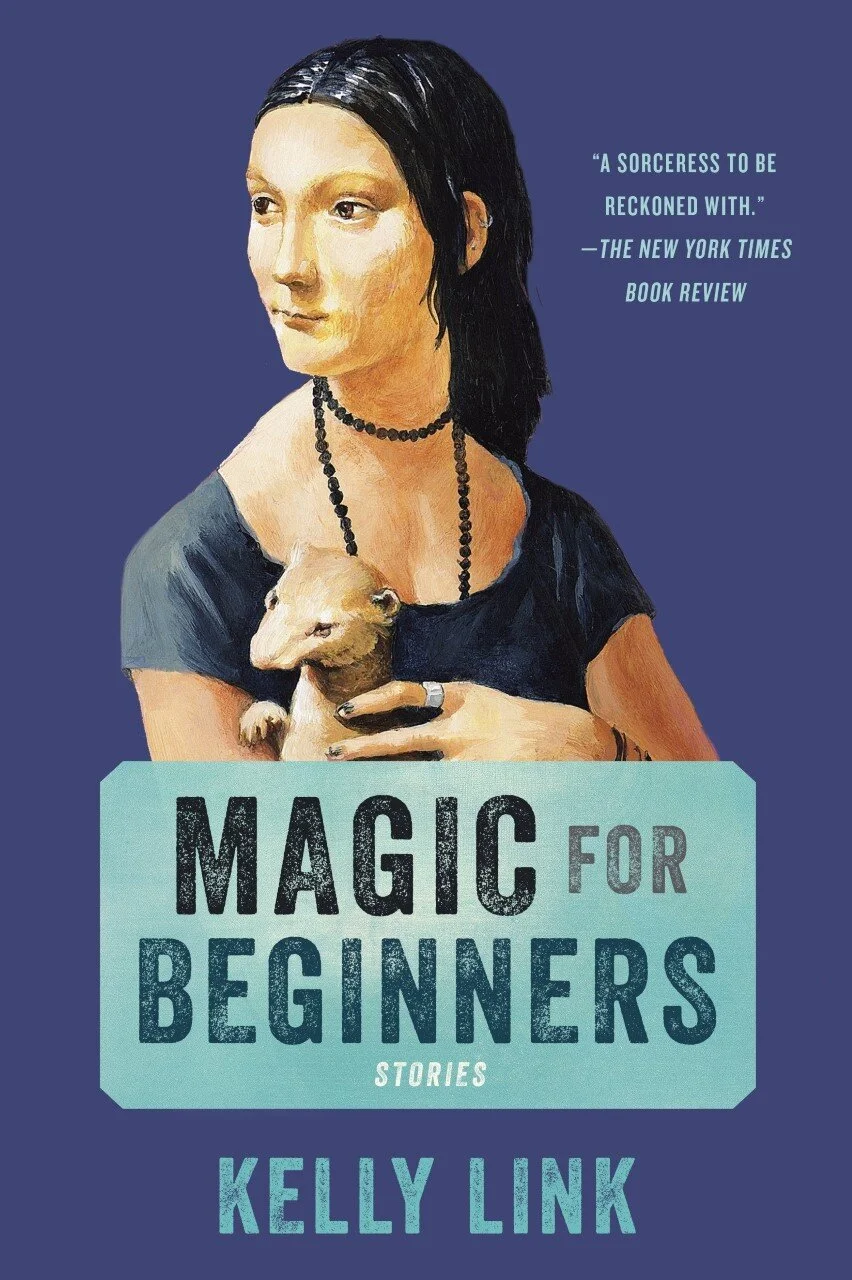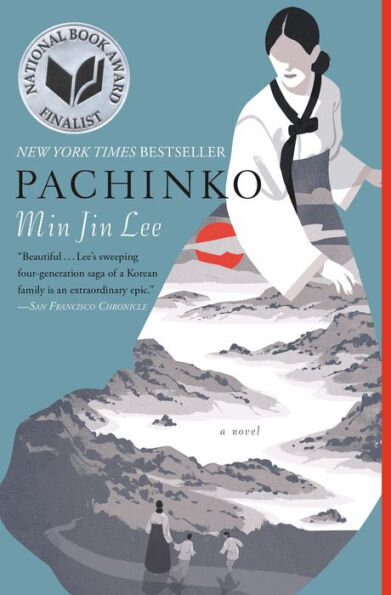The team at Skidmore News is full of avid writers — but sometimes we take a break and pick up a book instead. While this semester is definitely hitting the gas pedal (and let me just say, hitting it pretty hard), we’re still finding time to read for fun. Shocking, I know. We have brought together our two passions to create a list of books that we love — and we hope you will too.
(Image taken from here.)
Emily Theisen:
Magic for Beginners
By Kelly Link
Each story in Kelly Link’s Magic for Beginners is so remarkably different from the other stories in the book, or really any other story ever, that it’s difficult to introduce the book as a whole. Link transports the reader into a world that seems normal, except that there’s a portal to another world hidden inside a handbag. In the titular story, a group of kids obsess over a television show that airs at random times, without notice, on random channels. In another, we follow the cat children of a witch. Another story prompts the reader to consider their own plan for a zombie apocalypse.
Magic for Beginners is absurd enough that it would feel at home on a shelf with the works of Kurt Vonnegut or George Saunders, yet it is unlike anything I have read before. Anyone who enjoys absurd fantasy but doesn’t have the time to commit to a full novel should give Kelly Link a shot.
(Image taken from here.)
Eamon Witherspoon:
Pachinko
By Min Jin Lee
In the novel Pachinko, Min Jin Lee chronicles the story of Japan’s occupation of Korea through the story of a single Korean family between 1910 and 1989. Pachinko sweeps through four generations of family members, each experiencing its their own unique trials and tribulations, and travels across Korea, Japan, and the United States.
Lee carefully crafts her novel to suggest that the family — grandson Mazasu, great grandmother Yanjin, grandmother Sunja, grandson Noa, and great grandson Solomon — have been selected at random to represent the struggles and suffering suddenly forced upon an entire country. Lee conveys the momental oppression, racism, national trauma, tenderness, and love experienced by their nation by distilling these experiences down to a single family and the people surrounding it. The characters in this novel constantly struggle to choose between adhering to their values and ideals, or providing for their family.
A small example of the sacrificing of ideals for security — a recurring theme in the novel — is Mozasu’s decision to take a job at a Pachinko Parlor. Pachinko, a gambling game often associated with gangsters and dirty money, is not Mozasu’s first choice of work. His brother looks down on it as a lowly profession, as does he; however, his family needs the money. The way characters navigate their decisions of what to sacrifice mirrors the pressures of daily life inflicted by societal situations.
Contrary to how the game Pachinko fools the player into thinking they have agency over their fate, the characters in Pachinko fall submissive to it. They remain loyal to their societal role, as a mother, as a son, as a businessman, and ultimately the book unfurls into a hopeful story of love and survival.

